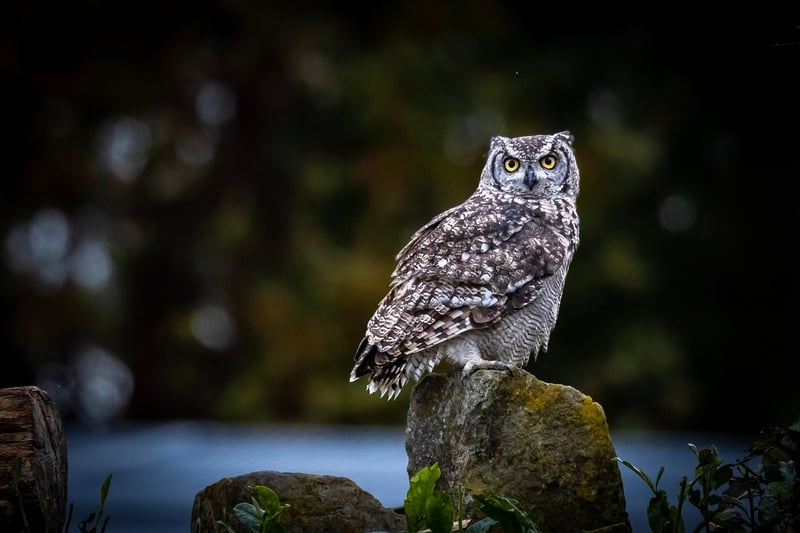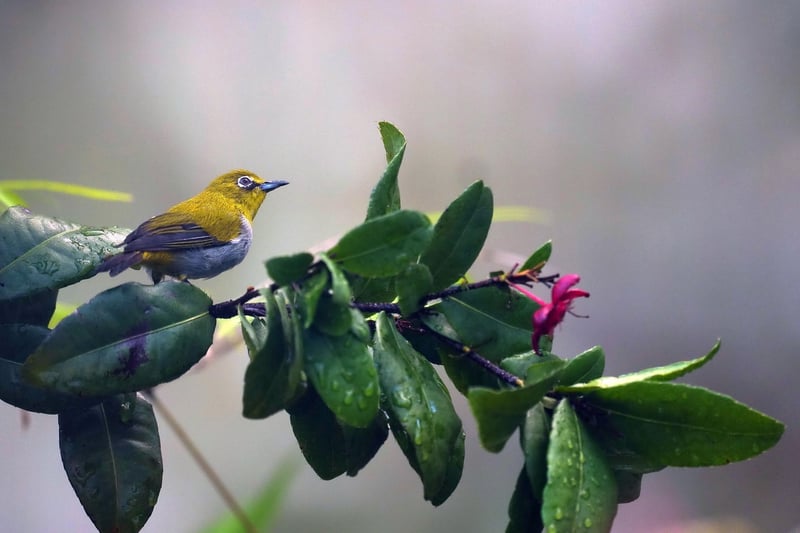Bird-Friendly Plants
Welcome Wildlife into Your Garden with Bird-Friendly Plants
Creating a bird-friendly garden not only adds natural beauty to your outdoor space but also provides a safe haven for our feathered friends. By choosing the right plants, you can attract a variety of bird species, from colorful songbirds to majestic raptors. Here are some tips on how to welcome wildlife into your garden with bird-friendly plants:
1. Native Plants
Native plants are well-suited to the local climate and soil conditions, making them attractive to native birds. They provide food in the form of berries, seeds, and nectar, as well as shelter and nesting sites. Consider planting species such as coneflowers, milkweed, and oak trees to attract a diverse range of birds.
2. Berry-Producing Plants
Plants that produce berries are a favorite among many bird species. Consider adding shrubs like viburnum, elderberry, and holly to your garden to provide a natural food source for birds throughout the year. These plants not only attract birds but also add color and texture to your landscape.
3. Seed-Bearing Plants
Plants that produce seeds are another great option for attracting birds to your garden. Sunflowers, coneflowers, and black-eyed Susans are popular choices that provide a nutritious food source for birds. Leave the seed heads intact after the flowers fade to allow birds to feed on them.
4. Sheltering Plants
Sheltering plants such as dense shrubs, evergreens, and grasses provide birds with protection from predators and harsh weather conditions. Consider planting species like juniper, cedar, and ornamental grasses to create safe nesting sites for birds in your garden.
5. Water Source
Don't forget to include a water source in your garden to attract birds. A birdbath, fountain, or small pond can provide birds with a place to drink and bathe, especially important during hot summer months. Make sure to keep the water clean and change it regularly to prevent the spread of disease.
6. Avoid Pesticides
Avoid using pesticides in your garden as they can be harmful to birds and other wildlife. Opt for natural pest control methods like introducing beneficial insects or handpicking pests instead. This will help maintain a healthy ecosystem in your garden and ensure the well-being of your feathered visitors.
By incorporating bird-friendly plants into your garden and creating a welcoming environment, you can enjoy the beauty of nature right outside your doorstep while providing essential resources for birds to thrive.

Start your bird-friendly garden today and watch as your outdoor space comes alive with the sights and sounds of beautiful birds!
